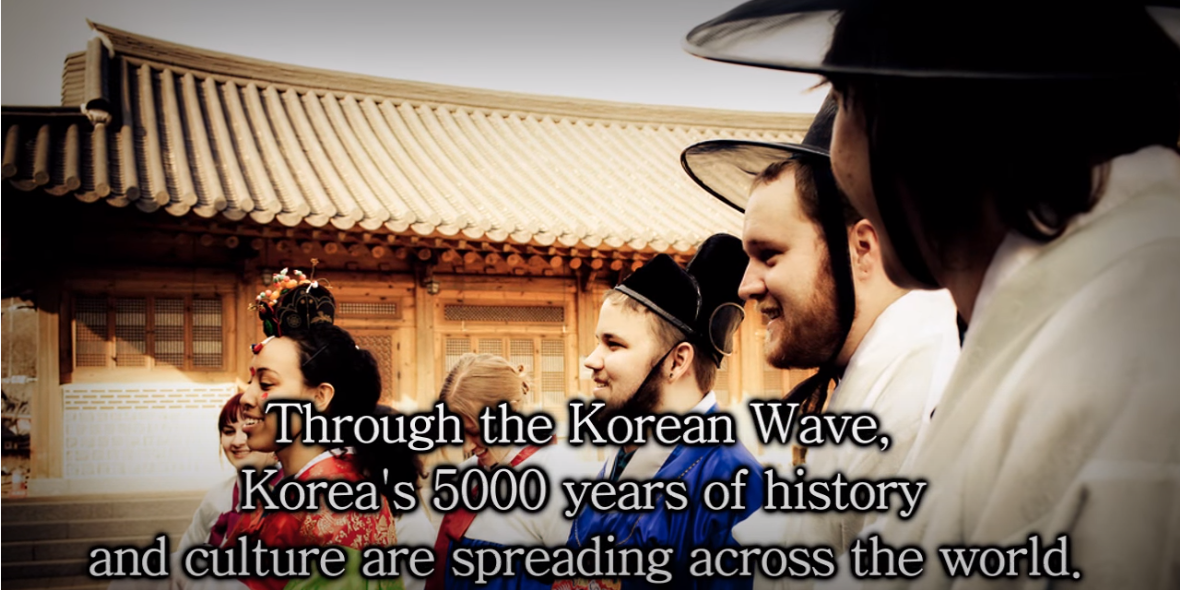Hallyu, also known as “The Korean Wave” is a term used to describe Korean music (K-pop), dramas, food, beauty and many more. Usually Hallyu is referred to Korean music (K-pop) or Korean dramas. Korean dramas and K-pop started gaining popularity throughout Asia during the mid-1990s. In the early 2000s, Korean dramas had a surge in popularity in Asia with dramas like Winter Sonata and Jewel in the Palace. Starting from the mid-2000s to early 2010s, the spread of the Korean Wave was mainly led by K-pop groups such as Girls Generation, and Big Bang. This was a period where K-pop grew into a global stage with K-pop fans all over the world. From the mid-2010s, the Korean Wave started to spread globally through social network platforms and Youtube, which helped to spread not only K-pop but also to the Korean traditional culture, food, dramas, and even to the Korean language “Hangeul.”
Recently, Korean culture has been gaining popularity globally – from BTS to Parasite and to many more. BTS has been becoming a global phenomenon of the biggest boy band right now. Successfully branching into the American music industry- breaking records, winning awards, and also introducing not only K-pop but the Korean culture. This led to the spread of Korean culture- learning the Korean language to the history. Parasite is a 2019 Korean film directed by Bong Joon-Ho. Parasite won the grand prize at the Cannes Film Festival and also won four Academy Awards at the Oscars 2020. This led to a global interest in Korean films as well.
With Korea and Korean culture becoming a big interest globally, the spread of the Korean wave is just a start and many more to look forward to in the future.
Written by Jade Min
University of Hawaii at Manoa, 4th year, Korean Language Flagship Major and Asian (Korean) History Major, Exchange student at Korea University. Intern at VANK (Voluntary Agency Network of Korea).
